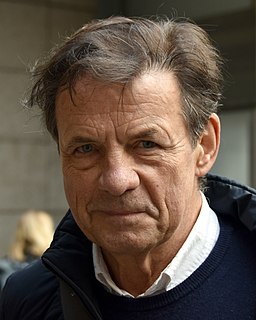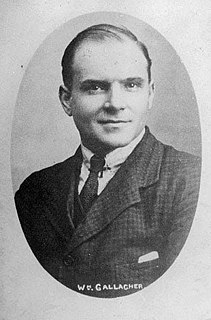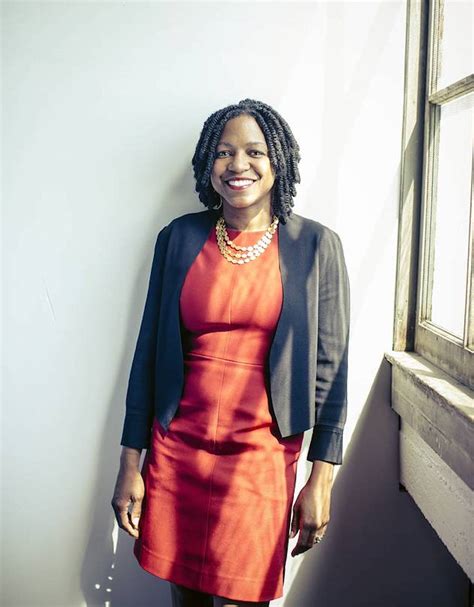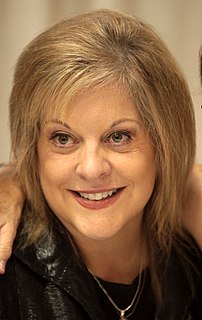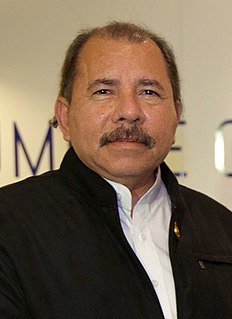A Quote by Ice T
I'm afraid because some police are way out of control. My true feeling with police is this: If they do their job, there's no problem.
Related Quotes
In Baltimore they can't do police work to save their lives. Now because of Freddie Gray they're not even getting out of the car and policing corners - they're on a job slowdown, basically. Right now if the police stopped being brutal, if we got police shooting under control, and the use of excessive force, if we have a meaningful societal response to all that stuff, and the racism that underlies it, the question still remains: what are they policing, and why?
There was a time when Istanbul was one of the safest cities in the world, because people were afraid of the police. People are no longer as afraid of the police as they used to be. Mugging used to be almost unknown; now everybody is afraid of mugging. In that sense, the downside of liberalization is already being felt in Turkey. And of course some people are afraid of Kurdish ethno-terrorism, which worries Turks very much more than the religious sort.
Helen Crawfurd and the Women's Peace Crusade, made a march on the City Chambers, distributing an illegal leaflet in front of police and even to some of the police as well. The women forced their way into the building and the police had a really tough time trying to get them out. Word spread around that several of them had been arrested and this brought out new and very threatening demonstrations.
Many White people are not sensitive to the kind of abuse that African Americans, especially younger African Americans, receive at the hands of police officers and police departments. I think for most Whites their experience with the police has been good or neutral because they don't interact with the police as much as those in the Black community.
One has to bear in mind that during my childhood and adolescence, I suffered the repression of the Somoza dictatorship in every way: economically, socially, as well as at the hands of the police -- because if we went out on the street to play baseball, for example, the police would come and beat us up and put us in prison.



